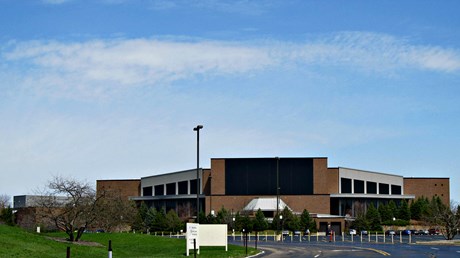But two of their fellow detainees died while awaiting trial for the riots after Easter suicide attack on Youhanabad church.

Forty Pakistani Christians, who’ve been on trial for the murder of two men during a violent protest following Easter suicide attacks on two churches in Youhanabad – a majority-Christian area in Lahore – have been freed by the Lahore Anti-Terrorism Court. Two others, arrested with them, have already died, allegedly due to a lack of access to medical treatment.
The twin suicide bombings, on 15 March 2015, which killed 17 and injured another 80, were claimed by a splinter group of the Taliban, Jamaat-ul-Ahrar. The death toll would have been much higher if church volunteers on ‘security duty’ had not acted quickly to defend worshippers.
In riots that erupted following the bomb blasts, a mob killed two Muslim men whom they believed had been involved in the attacks. In the end 42 Christians went on trial for their murder, but two died in prison before 2018. The other 40 have been waiting for their appeal to be heard by the Lahore High Court. Meantime, the group have reached a financial settlement with the families of the two men, which under Pakistani law allows for all their acquittal.
The Anti-Terrorism Court announced the verdict on 29 January, acquitting all, including those who had died, after recording the statements of the victims’ families, who told the court that they had arrived at an agreement with the suspects and would have no objections over their acquittal.
A local reacted: “As we give thanks as Christians in Pakistan, one cannot get away from the brutal realities of what this means. The journey of physical, emotional and spiritual healing ahead is a long one. Pray for the right people to be positioned alongside them.
“We also reflect on the lives and deaths of the two ...
from Christianity Today Magazine https://ift.tt/2UkxRHX





